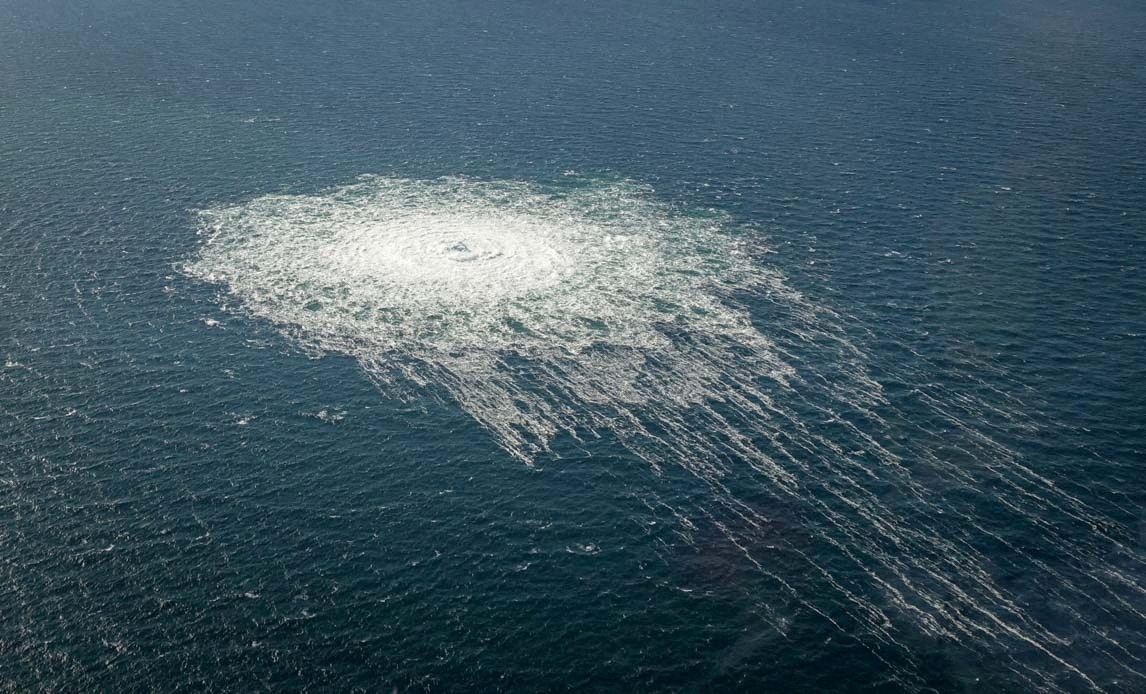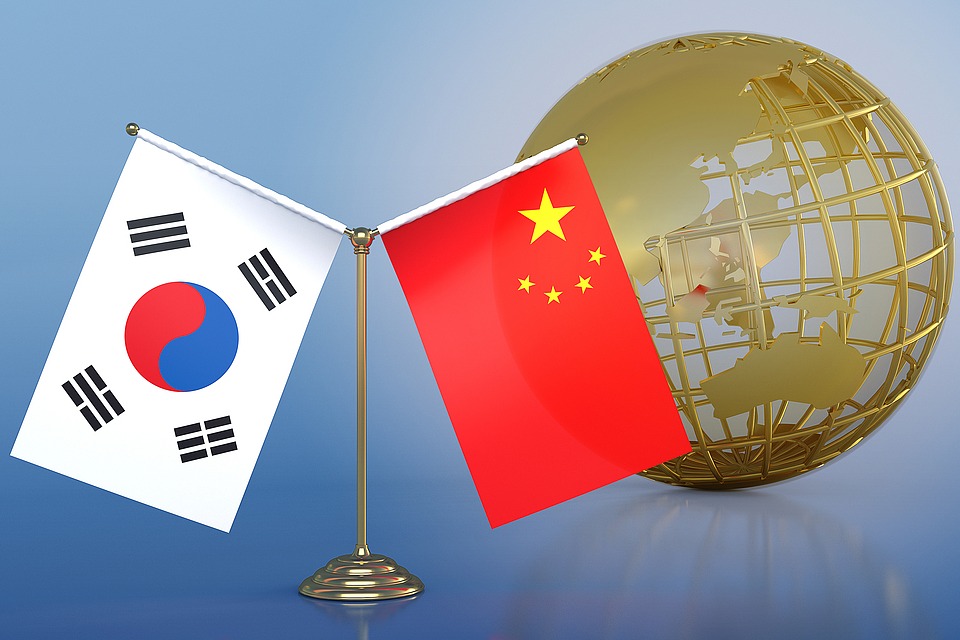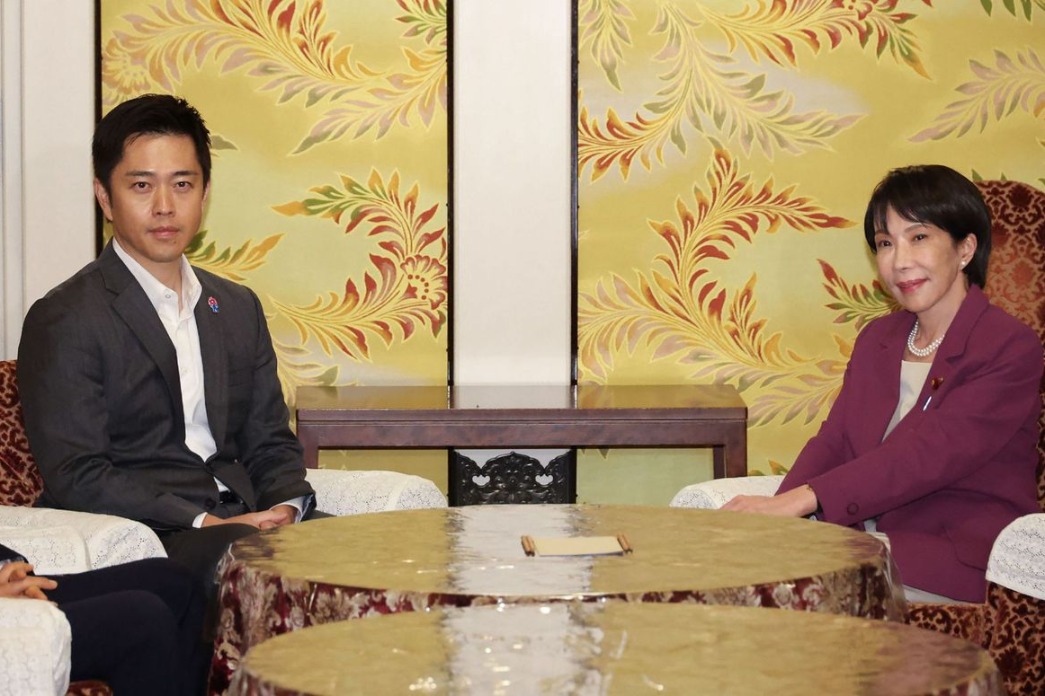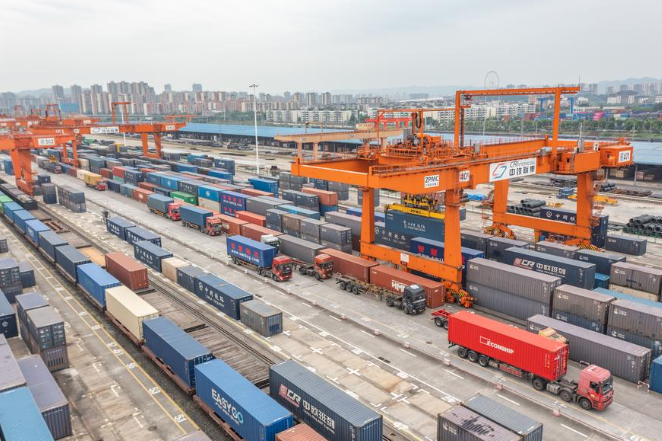Court blocks extradition of Ukrainian suspect in Nord Stream explosion


Progress in solving one of Europe's most high-profile unsolved cases remains as far off as ever after Italy's highest court decided that a Ukrainian national suspected of involvement in explosions that damaged the Nord Stream gas pipelines in the North Sea in 2022 should not be extradited to Germany.
This came days after the Polish authorities expressed reservations about the deportation of another suspect who has been in their custody since last month.
The Nord Stream project, which enables Russian gas to bypass eastern European transit routes and leave Germany, was initiated in 2005 by the then-chancellor of Germany, Gerhard Schroder, and Russian President Vladimir Putin. It was controversial from the outset for various reasons, but it took on a whole new aspect with the outbreak of the Russia-Ukraine conflict in 2022.
Explosions on the pipeline that same year, close to the Danish territory of Bornholm island, rendered the pipes unusable and led to an international hunt for suspects.
German investigations have identified a Ukrainian cell of five men and one woman as the perpetrators of the blasts.
Serhii Kuznietsov, a 49-year-old man, was arrested while on holiday in Italy this summer.
His deportation to Germany to face charges of causing an explosion and committing anti-constitutional sabotage had been approved by a lower appeals court before the latest legal challenge halted that process. Instead, the Supreme Court of Cassation in Rome sent back the case involving to a new panel for review.
Kuznietsov, who was arrested in Italy in August on a German warrant, has denied participating in the cell that allegedly placed explosives on the underwater pipelines.
At the time of his arrest, German prosecutors said Kuznietsov had used forged identity documents to charter a yacht, which departed from the German city of Rostock to carry out the attacks.
The suspect's defense team argued at the Supreme Court of Cassation in Rome that his rights had been violated during the legal process after his arrest.
The team had argued that even had he been involved, his military service would give him "functional immunity" under international law.
"In light of today's outcome, I will assess in the next few days whether the conditions exist to request my client's release, as the legal basis for his detention has now been removed," Nicola Canestrini, a lawyer.
Under investigation
The attacks remain the subject of separate but connected investigations in several countries, and are hugely politically sensitive.
Poland has held a second suspect, a 46-year-old Ukrainian, since he was detained on an international arrest warrant last month. Prosecutors in Germany are keen for him to be handed over, but his pre-trial detention in Poland has just been extended.
Poland's Prime Minister Donald Tusk has made his feelings over the case clear, saying "The problem with (Nord Stream 2) is not that it was blown up. The problem is that it was built."
Poland faces a dilemma over the issue, though, as Germany is a vital partner for Tusk's center-left government, which is keen to present a more dignified and diplomatic image after years of right-wing rule. Still, the majority sentiment in Poland, as expressed so bluntly by Tusk, is that Nord Stream is contrary to the country's interests and that its hindrance benefits Poland.
During a visit by Lithuania's Prime Minister Inga Ruginiene last week, Tusk doubled down, saying "it is certainly not in Poland's interest, nor in the interest of decency and justice, to prosecute this citizen or extradite him to another country".
However, Poland's actions are also having an impact at the European level, with Peter Szijjarto, foreign minister of the right-wing government in Hungary, calling Tusk's position "shocking" and adding, "One thing is clear: we don't want a Europe where prime ministers defend terrorists."
Agencies contributed to this story.

































